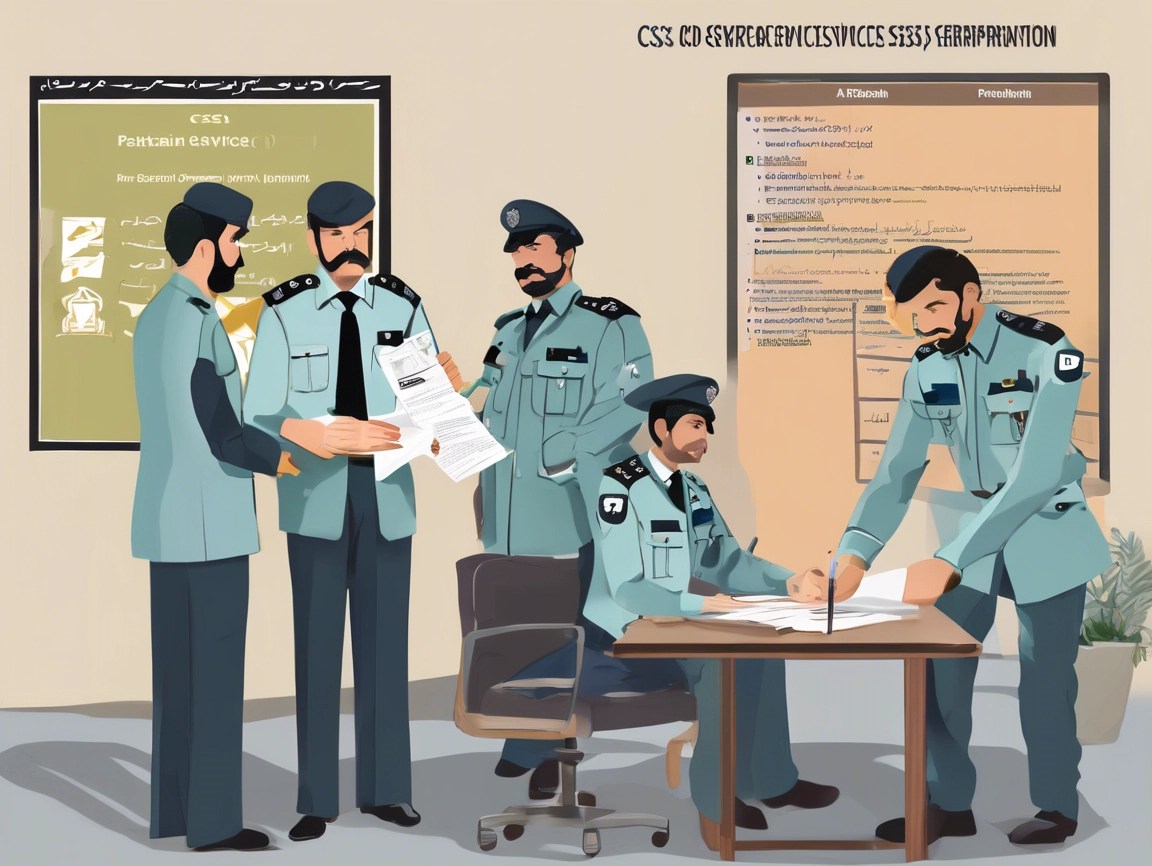Assistant Director General Cadre Syllabus
In Pakistan assistant director general cadre syllabus a very competitive route to prominent public service positions is the Central Superior Services (CSS) examination, which is administered yearly by the Federal Public Service Commission (FPSC). One of 02 occupational groups, each with specific roles within the federal bureaucracy, is assigned to successful candidates. These organizations include … Read more
